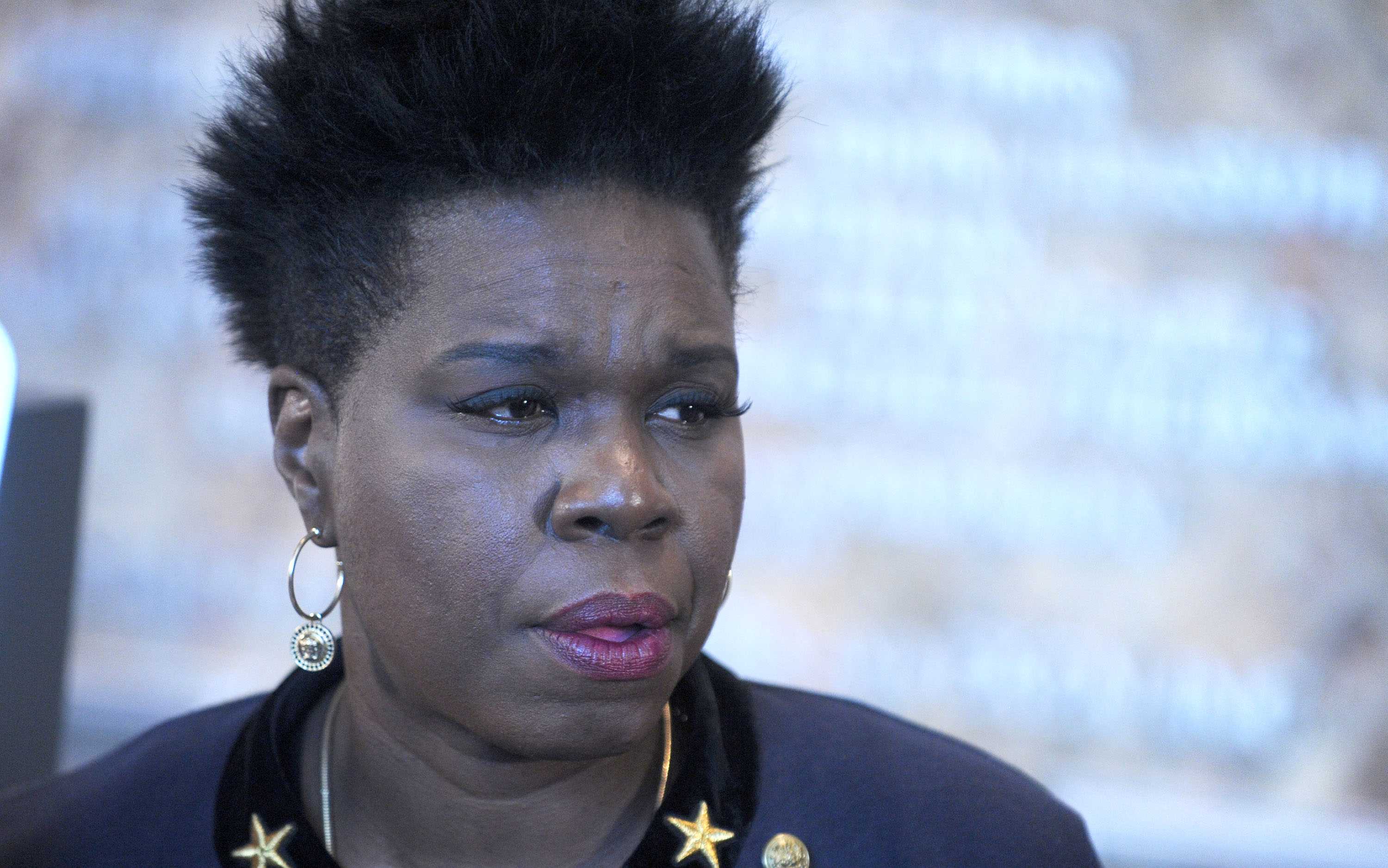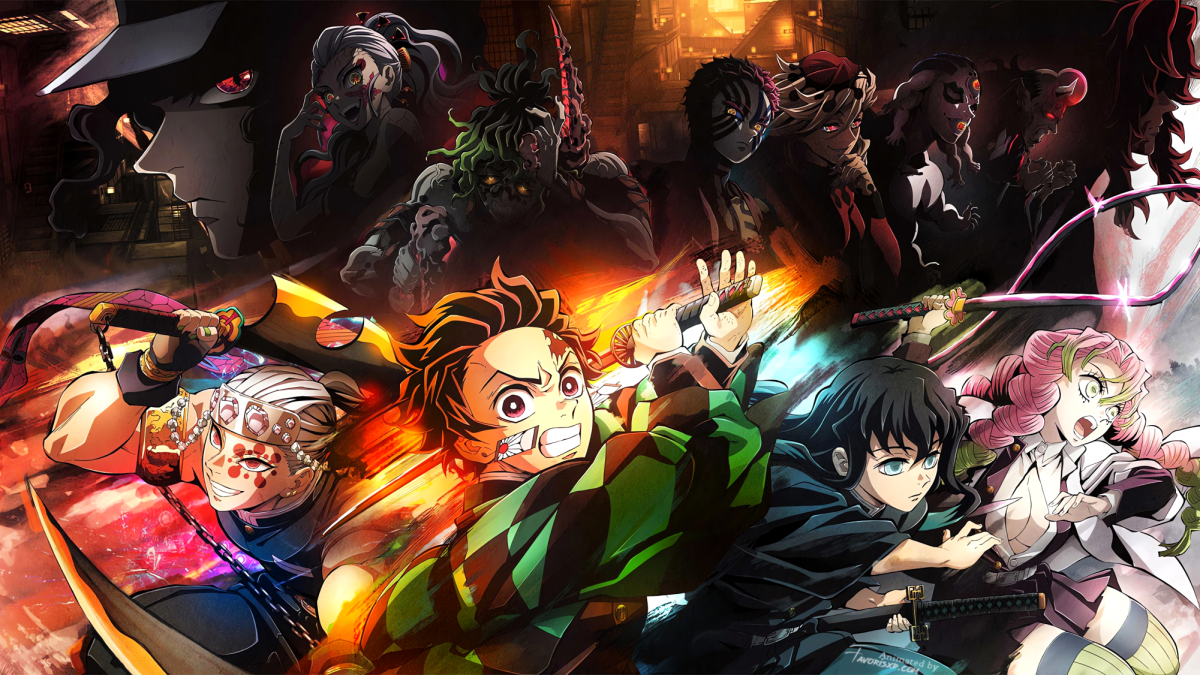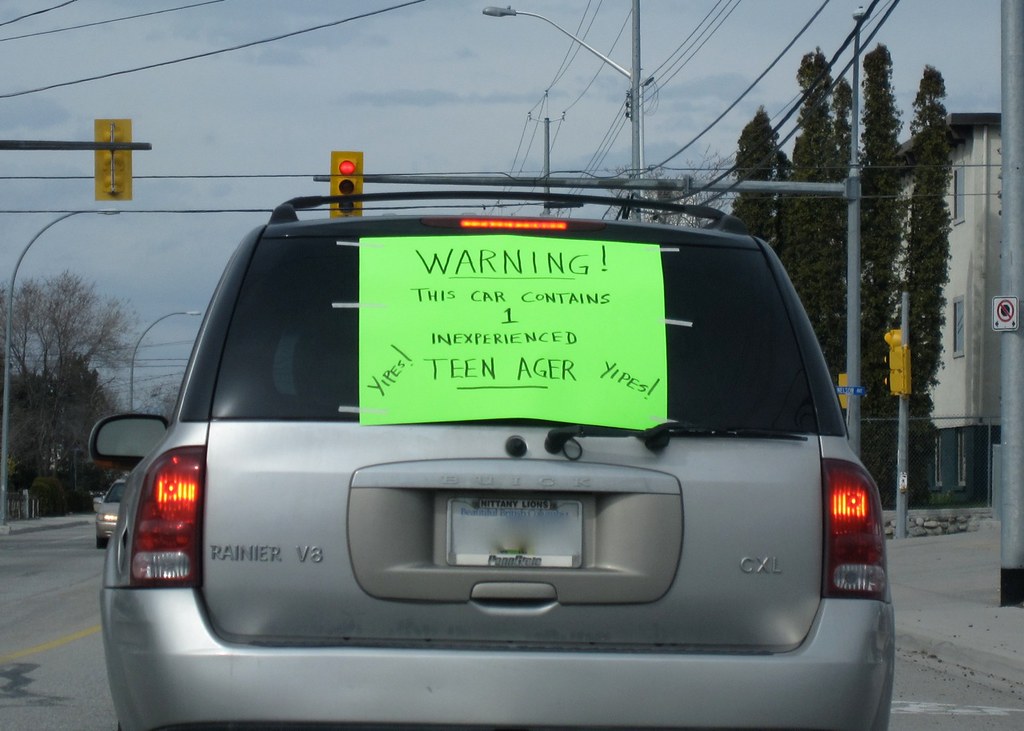
By BRIAN KIM
Staff Writer
It is easy for young people to dismiss concerns about the purported dangers of social media. Certainly, social media has helped different kinds of people connect, discover surprising similarities, and share staggering amounts of information.
Recent events like the 2016 election, however, have shown the clear dangers of unregulated social networks in an age when they have become the most popular mediums for political discourse, dissemination of news and socialization. Complete freedom of information had pernicious consequences. The increasingly available stream of information has led to an echo-chamber effect, isolating groups of people within a small online social sphere of like-minded individuals who only affirm their own opinions. In fact, in a 2016 study called “Echo Chambers on Facebook,” by social scientists Walter Quattrociocchi, Antonio Scala and Cass Sunstein, social media users readily believed that factually incorrect news were true as long as the news in question supported their preexisting opinions.
Admittedly, people have always gravitated towards those who validated their opinions. The danger of social media lies in the possible extent of this isolation. The scrolling nature of most social media sites, especially Facebook, means that users can easily ignore articles they find disagreeable, something a reported 81 percent of users have done, according to Pew Research Center. Algorithms have worsened the problem by creating personalized media feeds catering specifically to individual tastes. This is dangerous. Without ever being confronted with an opposing viewpoint, people are less likely to seriously reexamine their beliefs and consider other perspectives.
Online echo chambers have been a major force behind the rise of fake news. Many of these stories are tailored to appeal to a specific demographic of viewers. And fake news can have very real consequences. Besides the flashier examples of armed vigilantes breaking up imaginary child prostitution rings, it’s important to note the quieter, more insidious effects. By creating slightly different realities for its readers, fake news and social media as a whole have contributed to the increasing alienation of Americans based on political allegiance; the Pew Research Center found that currently, both Democrats and Republicans hold historically low impressions of each other.
Aside from fake news, social media provides a platform for hate speech. Although free speech–particularly political speech–should always be protected, there is a clear and present danger inherent in hate speech that doesn’t exist in valid social criticism. Hate speech calls for violence against a group of people. It is entirely possible for a country to protect the voices of its citizens while limiting voices that advocate physical violence. Germany, for instance, has kept anti-hate speech laws on the books for decades, including laws that outlaw Holocaust denial. These are practical laws that understand the power of language to drive people to violence and work to make sure that all its citizens are protected.
This is precisely why social media corporations need to control the content they display. It is absurd to claim that these companies should be treated as normal private businesses when, according to Propublica, one-sixth of the world check Facebook alone on a daily basis. They have an undeniable impact on global society. It’s time for them to take responsibility for that power.
Particularly concerning is when social media carries out violence or spreads violent intentions. Leslie Jones was the victim of a massive online harassment campaign in 2016, which was largely instigated by conservative blogger Milo Yiannopoulos. Among a variety of other reprehensible actions, someone hacked Jones’s Web site, posting what seemed to be nude photos of her and an image of her passport.
All of these serve as reminders that society cannot be allowed to condone language that encourages bigotry and hatred. By leaving social media so thoroughly unregulated, corporations are tacitly approving of the messages spread on their websites by providing a platform that legitimizes them.
Social media is more than just websites; it is rapidly turning into one of the primary tools of discourse in the 21st century. But that means it needs to be treated as more traditional forums for public discourse would be. In public and in private, threats of abuse, stalking, or assault are not protected under free speech but are rightfully treated by the law as harassment. We need to realize that social media has the same potential for causing distress, on the Internet or in the physical space of a rally ground.
It is true that social media has great potential to connect people around the world to an unprecedented degree, but without restrictions, it also threatens to lower the level of public discourse and become a tool for the spread of violence and politically-charged lies. Today, it might be comparable to a wilderness, a virtually unregulated territory. However, humans have long sought to tame the wilderness. The Wild West was made safe and stable with railroads, canals, cities, and barbed wire. We need these protections today to make sure that we can communicate freely and effectively in the future.
Digital barbed wire: Yes, social media should be censored
November 12, 2017
0
Donate to Sword & Shield
$180
$1000
Contributed
Our Goal
Your donation will support the student journalists of University High School. Your contribution will allow us to purchase equipment and cover our annual website hosting costs.
More to Discover













